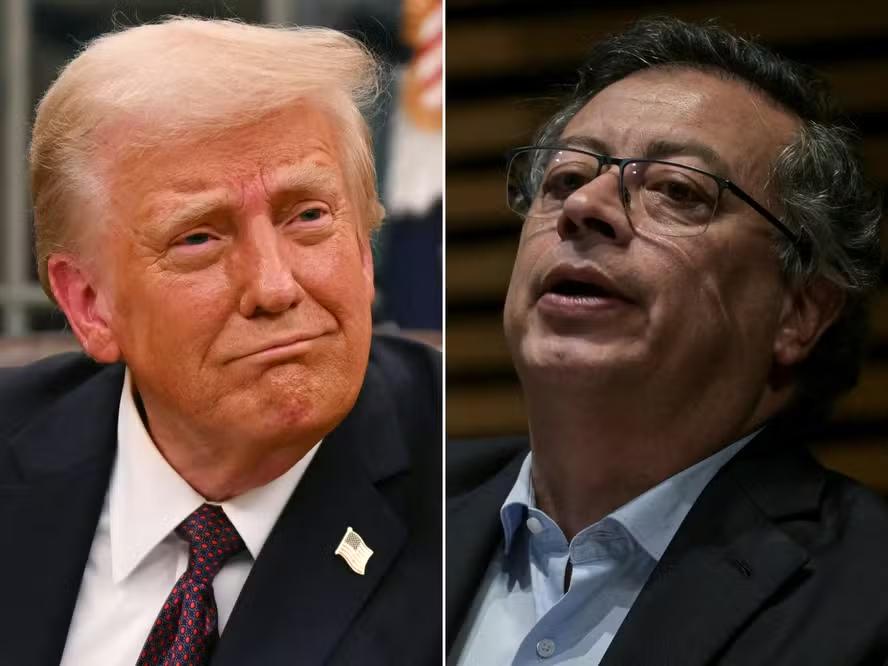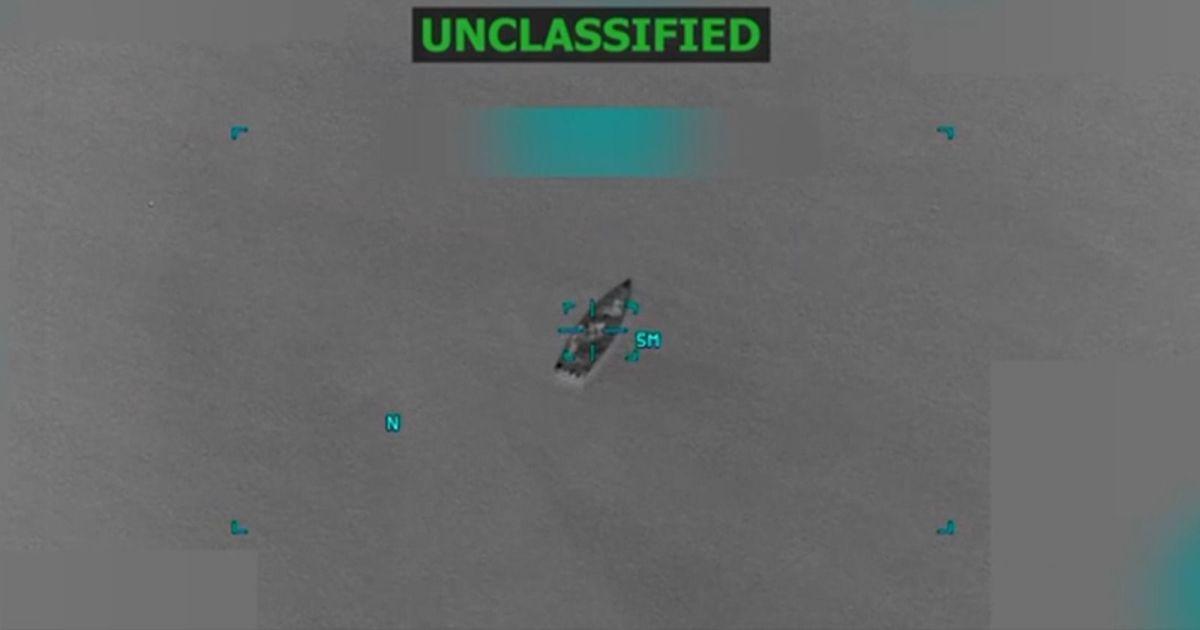The absence of European leaders in Santa Marta highlights the weight of American pressure and the symbolic collapse of cooperation between the continents.
The absence of European leaders in Santa Marta is a sign of American pressure and a symbolic layer of domestic cooperation
What happened in Santa Marta, Colombia, goes far beyond a simple diplomatic crisis.The void of the summit between the European Union (EU) and the Community of Latin American and Caribbean States (CELAC) is a faithful portrait of a broken world – and what is more, of Europe, subject to Washington's empire, abandoning any pretense of political autonomy.As European leaders step back from the prospect of angering Donald Trump, the message is clear: The old continental power is once again bowing to the power of North America.
But for Latin America, the episode should serve as a warning and, above all, a turning point.The region needs to understand that sovereignty cannot be negotiated - and depending on the approval of Washington or Brussels condemns itself to the eternal protection of other people's interests.
The dome became a symbol of submission
The Eu-Celac meeting, scheduled for November 9 and 10 in Santa Marta, had everything that was an important level of cooperation between two continents with certain histories.More than fifty representing 21% of the world's gross domestic product, they were supposed to discuss trade, sustainable development and regional security.However, before it could begin, the event collapsed.
The absence of European leaders – such as German Chancellor Friedrich Merz and European Commission President Usenula Von der – is not just about enlargement.It is a political act of reduction.The office agrees that the White House, which Bellerent was said to oppose the meeting, is not happy with the presence of Latin American government "BRELFELS" from Washington.
Trump considers Latin America a strategic exercise and an exclusive monopoly of influence.By sanctioning Colombian President Gustavo Petro and intensifying threats against Venezuela, the North American president has re-issued the old manual of imperial coercion: punish, intimidate and divide.Europe, which could have served as the preferred diplomatic weight, remained silent - absent.
Europe's complicity remains
The cold and confusing speech from Merz's spokesperson, who claims "low involvement" to justify his absence, is almost ridiculous, if not tragic.However, the absence of European leaders is the reason for the failure of the meeting.Ursula von der Leyen, in turn, chose complete silence.No comment, no attempt at diplomacy, no sign of solidarity with Latin American friends.
The EU, which calls itself the champion of multilateralism, has proven that it cannot support a meeting against the White House. Santa Marta makes clear with atrocious clarity what has long been suspected: Europe, once the leader in its history, is now a political extension of the United States of America.
The most serious thing is that the nod is the cost of compliance. By refusing direct dialogue with Latin America, Brussels balances the global scenario and abandons a partnership that reduces dependence on Washington. Instead, it insists on using the trade agreement with Mercosur, the most defiant, and the latest boycott is angry.
Latin America must look to myself
For Latin America, the episode is educational.It shows that the expectation of integration or unity from Western powers is a repeated error.If the region seeks autonomy – through economic participation, energy integration or environmental sovereignty – it quickly becomes the target of sanctions, threats and corruption campaigns.
The story is well-known: if a Latin American country tries to break the models of forced adjustment, Washington will respond with hostility.The current difference is that Europe does not reduce its supporting role in this strategy.The construction of the period of use is finally a sign of an automatic administration with Trump's aggressive foreign policy.
But there is new data and hope.Latin America today has more institutional maturity and greater awareness of its collective health.The failure at Santa Marta should spur a robust political response: strengthening CELAC, deepening intra-regional trade, and consolidating South-South cooperation assets that are less vulnerable to blackmail from Washington.
Price of pass
While Europe is succumbing to the logic of submission, the world is becoming increasingly multipolar. China, India, Russia and African countries are strengthening ties with Latin America without demanding ideological submission. The EU, on the other hand, seems to prefer its role as an appendage to the North American powers, sacrificing its own diplomatic credibility.
Ultimately, the European boycott of the summit not only weakens Latin America – it demoralizes the EU itself.A bloc that does not have the courage to engage in dialogue with autonomous partners can hardly claim to lead any just international order.
Latin America must pay attention: There is only one possible path - full sovereignty.This means breaking the logic of dependency, investing in regional integration and using your voice to defend your interests on the world stage.
Conclusion: a claim for dignity
Santa Marta was not the only case of diplomatic failure.The moral collapse was a mirror of the international system.On the one hand, the forces that bow to the power of Trump;On the other hand, Latin America resisted rising with dignity and self-confidence.
If the 20th century was the century of submission and intervention, the 21st century must be the century of liberation for Latin America.Seeking permission does not establish sovereignty, nor does dictate from Washington determine the future.
Santa Marta should therefore not be remembered as a symbol of European retreat, but as the starting point of a new regional consciousness: that Latin America will be free only when it stops waiting for the approval of the powerful and starts acting on its own.
Nothing to say yet, be the first!








